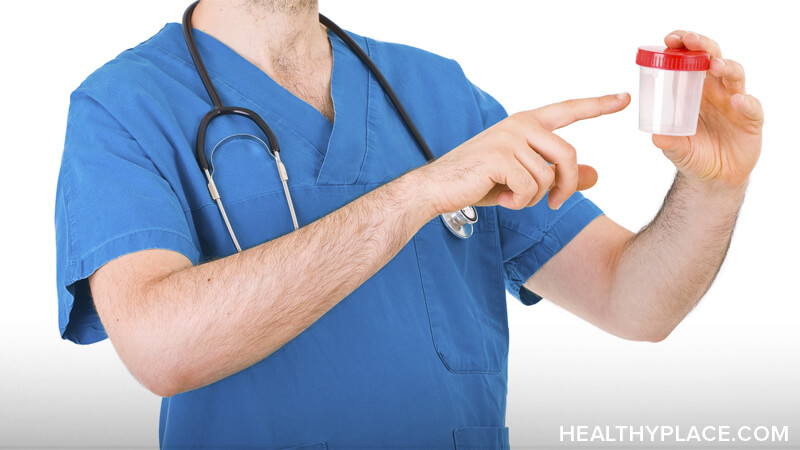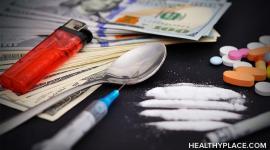Drug Abuse Treatment

Most drug abusers think they can stop taking drugs without the help of formal drug abuse treatment, but unfortunately, without treatment for drug abuse, many of them fail. Because drug abuse develops over time, the user's life and brain is altered before they attempt to quit drugs and this makes recovery more difficult. Formal treatment for drug abuse is important if a drug abuser is to succeed in recovery.
Treatments for drug abuse include:
- Medical drug abuse treatment
- Drug abuse rehabilitation programs
- Drug abuse counseling or support groups
Treatments for Drug Abuse -
Medical Drug Abuse Treatment
Drug abuse treatment often starts with a visit to a doctor who can assess the specific needs of the patient. A doctor can refer someone to a hospital, a drug abuse rehabilitation program or counseling services. A doctor may also prescribe medication as part of drug abuse treatment. This medication may be used to ease withdrawal symptoms or prevent relapse.
Common drug abuse treatment medications include:1
- Benzodiazepines - tranquilizers that can ease withdrawal from drugs like alcohol
- Methadone - used to control cravings and prevent relapse from heroin
- Nicotine patches - used to replace the addictive chemical in cigarettes, and is gradually tapered
Medical drug abuse treatment will also screen for other mental disorders, as substance abuse frequently co-occurs with a mental illness. If a mental illness is diagnosed, part of drug abuse treatment will include treating the mental illness.
Drug Abuse Rehabilitation Programs
Drug abuse rehabilitation programs can be run through medical facilities like a hospital or in separate facilities (read: substance abuse treatment facilities). Drug abuse rehabilitation programs can be particularly helpful for those with severe or long-term substance abuse issues. Programs for drug abuse rehabilitation can be inpatient with around-the-clock care, or outpatient, where the drug abuser attends only during the day.
Programs for drug abuse rehabilitation are designed to provide all the services a drug abuser might need to succeed in quitting drugs. This typically includes:
- Medical attention
- Behavioral treatment - counseling in an individual or group setting
- Peer support
- An aftercare program for when the drug abuser leaves rehabilitation
Drug Abuse Counseling and Support Groups
While medical drug abuse treatment can help with physical withdrawal symptoms and sometimes cravings, staying clean means also changing thoughts and behaviors around drug use. Drug abuse counseling aims to address these psychological and behavioral issues. Drug abuse counseling may be:
- Medical and provided by a psychiatrist
- Part of a drug abuse rehabilitation program
- Provided by private practitioners such as addiction therapists
Drug abuse treatment also commonly includes peer support groups both during and after treatment. These groups allow drug abusers to support each other in staying clean and sober. Alcoholics Anonymous and Narcotics Anonymous are 12-step groups believing in physical, psychological and spiritual healing in drug abuse recovery. SMART Recovery is secular and another commonly used drug abuse support group. (read: drug addiction support groups)
APA Reference
Tracy, N.
(2021, December 15). Drug Abuse Treatment, HealthyPlace. Retrieved
on 2026, March 5 from https://www.healthyplace.com/addictions/drug-addiction/drug-abuse-treatment



